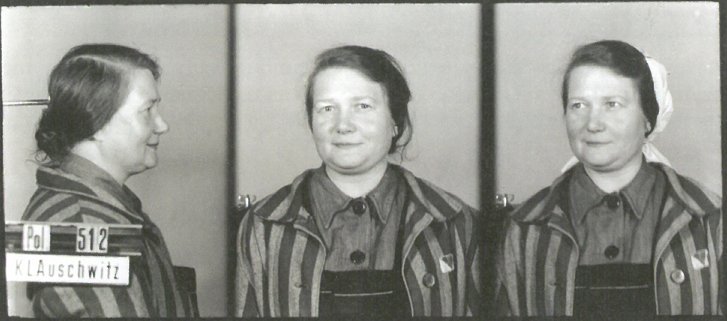
8 March 1941 | In a 15-minute period Germans evicted the inhabitants of the village of Pławy without any previous warning. The residents were brought in lorries and oxcarts to the assembly hall of the Praga company in Brzezinka where they remained until the next day. 

On Sunday they were all transferred to Gorlice in the General Government. Miners living in Pławy were resettled with their families in Brzeszcze and Jawiszowice on March 10 and 11.
In total, in connection with the creation & expansion of #Auschwitz Germans deported from the town of Oświęcim (Auschwitz) & nearby villages around 8-9 thousand Poles. Moreover, they deported the entire Jewish population of Oświęcim - about 7,000 people to nearby ghettos. 

A total of eight villages and more than a hundred buildings located in the town of Oświęcim (Auschwitz) in the immediate vicinity of Auschwitz I were destroyed. 

"Expulsion of Polish and Jewish population from Oświęcim and nearby villages 1940-42"
The online lesson dedicated to expulsions that the German authorities carried out between 1940-42 against the Polish & Jewish inhabitants of Oświęcim & nearby villages.
lekcja.auschwitz.org/2019_wysiedlen…
The online lesson dedicated to expulsions that the German authorities carried out between 1940-42 against the Polish & Jewish inhabitants of Oświęcim & nearby villages.
lekcja.auschwitz.org/2019_wysiedlen…

• • •
Missing some Tweet in this thread? You can try to
force a refresh






















